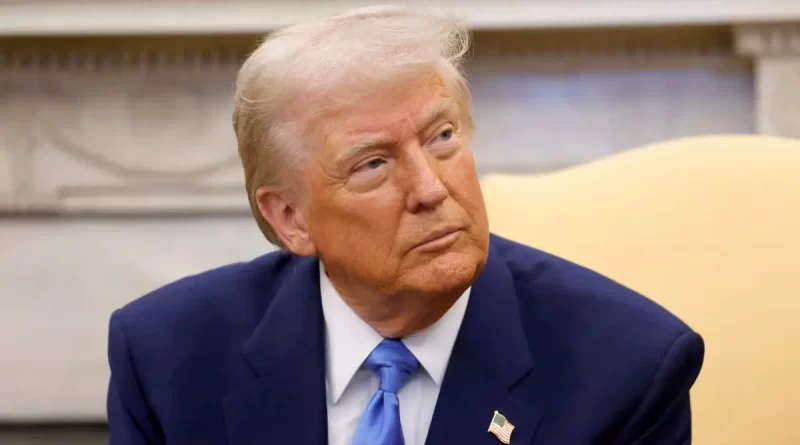Trump brokers ‘historic’ ceasefire deal between Thailand, Cambodia
United States President Donald Trump on Saturday presided over the signing of what he described as a “historic” ceasefire agreement between Thailand and Cambodia, marking a significant diplomatic breakthrough in Southeast Asia after months of deadly clashes along the shared border.
The agreement, signed on the sidelines of the 47th Association of Southeast Asian Nations, ASEAN, Summit in Kuala Lumpur, brought together Thai Prime Minister Anutin Charnvirakul and his Cambodian counterpart, Hun Manet.
Also present at the ceremony were President Trump and Malaysian Prime Minister Anwar Ibrahim, who co-signed the accord as witnesses.
According to Cambodia’s foreign ministry, the truce includes the release of 18 Cambodian prisoners of war and outlines new mechanisms for monitoring peace and rebuilding trust between the two nations.
The border conflict, which flared up in July, left at least 40 people dead and displaced nearly 300,000 residents.
Although both nations had agreed to a temporary ceasefire in late July, sporadic skirmishes and mutual accusations of violations persisted.
In a joint statement, both leaders pledged to “refrain from the threat or use of force” and reaffirmed their “unwavering commitment to lasting peace and regional stability.”
The symbolic handshake between Anutin and Hun Manet drew applause from regional leaders and diplomats in attendance.
“This is a momentous day for Southeast Asia,” Trump said during the signing ceremony.
“Today’s agreement ends a devastating military conflict and opens a new chapter of peace, cooperation, and prosperity between Cambodia and Thailand.”
Trump also revealed that the United States had reached “a major trade agreement with Cambodia” and a “critical minerals partnership” with Thailand as part of a broader economic engagement strategy in the region.
Malaysia’s Foreign Minister, Mohamad Hasan, who helped facilitate the talks under ASEAN’s mediation framework, said the deal provides for the deployment of regional observers to border areas to prevent further violations.
“We have insisted that both countries remove heavy weaponry from contested zones and begin a coordinated demining effort,” Hasan said. “This is crucial for ensuring civilian safety and building confidence between both sides.”
While analysts have hailed the accord as a diplomatic victory for ASEAN and Washington, they caution that a comprehensive peace treaty is still pending and will require sustained political will to maintain the fragile truce.
